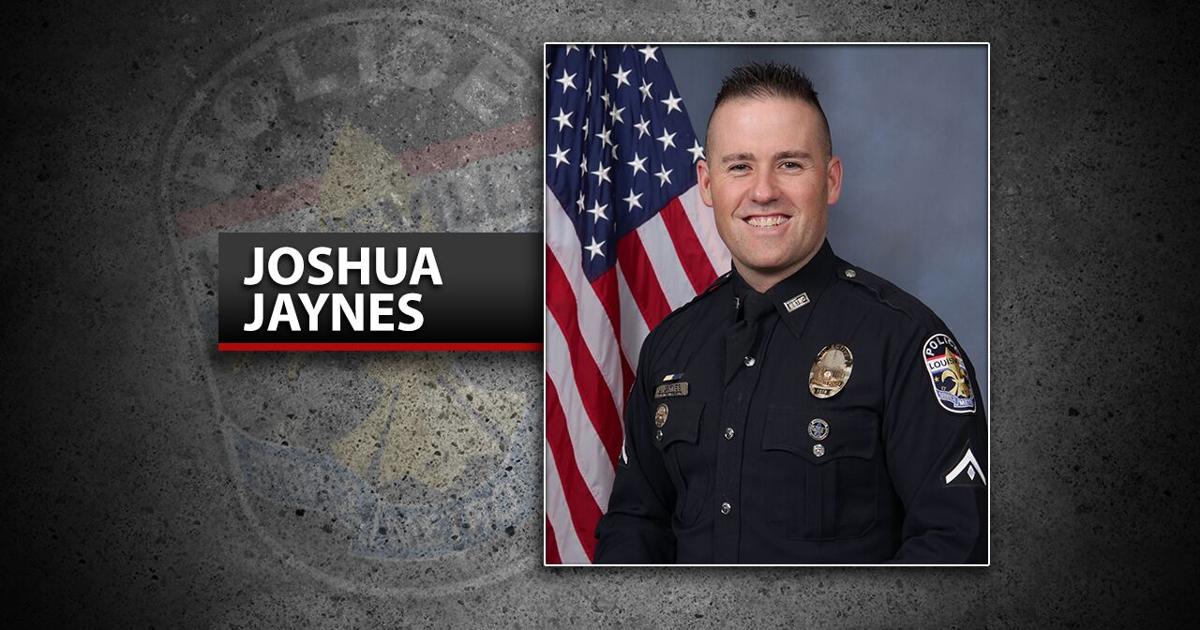NewsVine_Mariyam
Platinum Member
- Mar 3, 2018
- 9,679
- 6,527
I don't claim to be an expert but you don't seem quite clear on the differences yourself.There are a ton of contradictions in your response but instead of wasting my time listing them for you, perhaps instead you can just explain why the city paid Breonna's family 12 million dollars to settle a wrongful death lawsuit if the officers were cleared of any wrongdoing in her death. Or do you even understand the difference?If they haven't identified themselves as police officers and are not wearing any identifying insignia then you cannot claim that the person is [knowingly] shooting at "police officers". They're shooting at an intruder who just breached a locked door.you fire on any Police Officer then expect return fire and most likely your death.
Nonsense, and you know it!
You and the OP want to excuse the boyfriend stupidity of shooting an Officer and yet the grand jury cleared the Officers of any wrongdoing with the evidence that was provided!
In the end all you race baiting posters enjoy making up a thread and then switching the topic because when actual reality hit you then you can not accept it as usual!
So let me be clear the Officers were clear of wrongdoing in the shooting death of the young lady and the actions of the boyfriend got her killed!
With that written if the Officer that obtained the Warrant did so while using evidence that was misleading then he or she should be held accountable!
If any Officer is found guilty of perjury to the Grand Jury they should also be held accountable but none of this has been proven and is just you and the OP wishful thinking at this moment!
So when the Police kick your door in please shoot at them so you can discover how ignorant and stupid that would be and also the Warrant the Police had to my understanding was a No-Knock Warrant which mean they do not have to knock and just break the door down which is why Louisville made them illegal after this incident!
We covered this. Wrongful Death suits, are not under criminal law. Proving one, does not require any evidence of guilt.
Thus winning such a suit is far easier, because the requirements are lower.
1) They are not lower, they're different.
2) While "not guilty" is a criminal court determination that does not mean that the defendant is not liable for the harm alleged, in this case, the wrongful death of the victim.
No court is going to award that kind of money to anyone unless there was a failure to act or refrain from acting in some way where there existed a duty or standard of care (such as "keep from harm" just as an example).
Another example is the state of Florida attempting to prosecute the school resource officer whom I believe is a county sheriff for failing to prevent the Parkland shooting at the Stoneman Douglas high school about 5 years ago. They are attempting to categorize him under state law as a "caregiver" so that they can find that he didn't maintain the necessary standard of care to keep the children safe. This is an extreme at the other end and just as messed up as when the officers are fully in the wrong.
The other thing that is overlooked is that just because one judicial body gives the parties a pass, doesn't mean that another court or agency will not bring them up on charges. The police officers who used excessive force on Rodney King in Los Angeles back in the 90s were acquitted in state court even though the whole world saw them beating the crap out of him on the televised video. The federal government however brought them up on civil rights violations and were successful in getting them convicted so having one court/grand jury "clear" someone doesn't really mean a whole lot overall particularly when it comes to law enforcement and any questionable actions on their part. If you knew how much dirt a vindictive or dirty cop can get into, the no-knock warrants would appear to be a piece of cake.
If a person points a weapon at you and isn't wearing anything that identifies them as law enforcement or doesn't identify themselves as police officers, as they're breaking into your home in the middle of the night, you do what?
Last edited:


